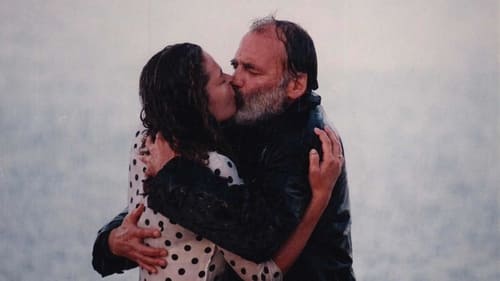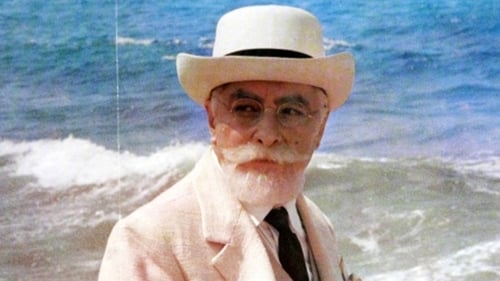
Writer

Director

Writer
The Colorado Coal war is described as the bloodiest page of the US labor movement. In this violent confrontation between Rockefeller and the UMWA Trade Union, a vital part was played by 500 Greek miners who became the backbone of the guerrilla army formed by the union to avenge the Ludlow Massacre – the murder of 20 women and children and of the Greek leader Louis Tikas on April 20th, 1914. The documentary tells the unknown story of this conflict, illuminating the special role of the Greeks, with testimonies of descendants of strikers, interviews with historians and with rare archival material (video interviews of survivors, photos, newspaper articles, rare texts and songs).

Director
The Colorado Coal war is described as the bloodiest page of the US labor movement. In this violent confrontation between Rockefeller and the UMWA Trade Union, a vital part was played by 500 Greek miners who became the backbone of the guerrilla army formed by the union to avenge the Ludlow Massacre – the murder of 20 women and children and of the Greek leader Louis Tikas on April 20th, 1914. The documentary tells the unknown story of this conflict, illuminating the special role of the Greeks, with testimonies of descendants of strikers, interviews with historians and with rare archival material (video interviews of survivors, photos, newspaper articles, rare texts and songs).

Cuando a Alexander, un escritor griego, le quedan pocos días de vida, necesita resolver un dilema: morir como alguien ajeno a los demás o aprender a amarlos y a comprometerse con ellos. Elegida la segunda vía, lee las cartas de Anna, su esposa fallecida, y cierra su casa en la playa. Un día lluvioso, encuentra a alguien que le ofrece la oportunidad de cumplir su compromiso: un niño albanés al que ayuda a pasar la frontera mientras le cuenta la historia de un poeta griego que vivió en Italia y que, al regresar a Grecia, compraba las palabras olvidadas para escribir poemas en su lengua natal. Entonces el niño juega a buscar palabras para vendérselas.

Writer
A glimpse of the Greek Civil War, which followed soon after the end of WW2, as it was experienced in the remote and rather peculiar island of Ikaria. After the defeat of the Democratic Army of Greece on Samos island, several men attempt to escape certain death at the hands of the Greek government. The loose film plot does incorporate many local stories and legends from that dark period, as well as older tales.

Director
A glimpse of the Greek Civil War, which followed soon after the end of WW2, as it was experienced in the remote and rather peculiar island of Ikaria. After the defeat of the Democratic Army of Greece on Samos island, several men attempt to escape certain death at the hands of the Greek government. The loose film plot does incorporate many local stories and legends from that dark period, as well as older tales.

Officer
A biographical film about the great Greek politician Eleftherios Venizelos for the period between 1910-1927. The film highlights his vision of a Greater Greece and refers to important events in Greek history such as the formation of a government by Venizelos after the Goudi movement, his dispute with the King over Greece's stance in the First World War, the temporary his withdrawal from politics after his defeat in the 1920 elections and the Asia Minor disaster. A biography of the former Greek prime minister Eleftherios Venizelos and the recreation of his acts and the political and social climate in Greece from 1910 to 1927.

At midnight, on a deserted Athenian street, a beautiful woman named Eleni Chalkia is fatally stabbed by a stranger, who immediately disappears into the shadows. The murderer is Ioannis Zachos (Manos Logiadis), a young man lacking in both mental and sexual stability, who lives out his erotic fantasies through purifying violence. He often fantasizes about killing beautiful women, in this way compensating for his deficient manhood and satisfying his passion for power. When he is arrested, he immediately confesses his crimes, which is a relief to the police, who have been accused of gross ineptitude by the press. During the trial that follows, the relentless question, “who is ultimately guilty? Man or society?” is again raised.






